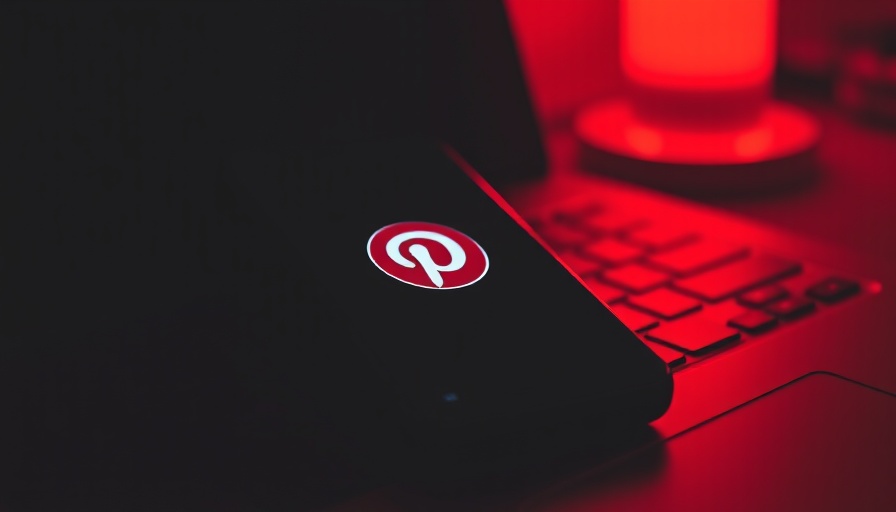
AI's Unintended Consequences on Creativity
As the digital landscape continues to evolve, platforms like Pinterest have become vital for users seeking inspiration across various categories, from home decor to personal fashion choices. However, with the rise of AI-generated content, a significant shift is occurring. Users are facing challenges distinguishing between authentic, human-created pins and AI-produced images, leading to frustration and dissatisfaction. The influx of what many are calling 'AI slop' has undermined Pinterest's original mission—fostering genuine creativity and inspiration.
The Shift from Inspiration to Automation
The transition for Pinterest hasn’t been subtle; users are vocalizing their concerns across multiple platforms, especially Reddit. Discussions brandishing terms like "The Enshittification of Pinterest" highlight how automation appears to prioritize efficiency over user experience. This sentiment resonates deeply with users who feel overwhelmed by AI-generated imagery flooding their feeds. Many reports indicate that upwards of 80% of some users' feeds consist of AI-derived content, which frustrates those seeking authentic inspiration.
Impact on Small Businesses
Another concerning outcome of AI domination on platforms like Pinterest is the ripple effect it has on small businesses. With increasing instances where business owners must educate clients about distinguishing between real and AI-generated inspirations, the level of practicality in inspiration is diminishing. According to reports by the Washington Post, the unrealistic standards set by AI-generated images create an impossible benchmark, compelling small enterprises to rethink their engagement strategies and customer interactions.
Understanding the Root of the Problem: AI Slop vs. AI Inspiration
The debate about AI slop versus authentic inspiration raises important questions about the future of digital creativity. AI slop refers to content that, while visually appealing, lacks a genuine human touch. In contrast, AI inspiration aims to harness generative algorithms without compromising the authenticity of ideas. This distinction is critical as platforms strive to balance technological advancement with user experience. Pinterest's impending strategic decisions will need to address these issues head-on to restore credibility.
The Business Ethics of AI Deployment
As AI technology becomes more pervasive, ethical considerations must guide its integration into social media platforms. A statement from Pinterest indicated that impressions from generative AI content constitute a minor segment of overall impressions. However, this might not be enough to placate users who argue that the very existence of such content disrupts the user experience and damages brand trust. Future iterations of AI engagement strategies should closely examine the ethical implications of generating content that lacks human authenticity.
Opportunities for Innovative Solutions
The challenges posed by AI-generated content can also present unique opportunities for innovation. As platforms reassess AI's role within user experiences, the potential for reinvention arises. By focusing on the integration of user-driven AI tools that enhance rather than detract from creativity, platforms could transform current challenges into compelling differentiators. This could set a precedent for other social media platforms grappling with similar issues.
In conclusion, as Pinterest navigates the complexities of AI integration while striving to maintain user trust and creativity, the onus lies on both the platform and its users to engage in a candid discourse about the future of inspiration in the digital age. As decision-makers, leveraging these insights can support strategic adaptations in AI deployment.
 Add Row
Add Row  Add
Add 




Write A Comment